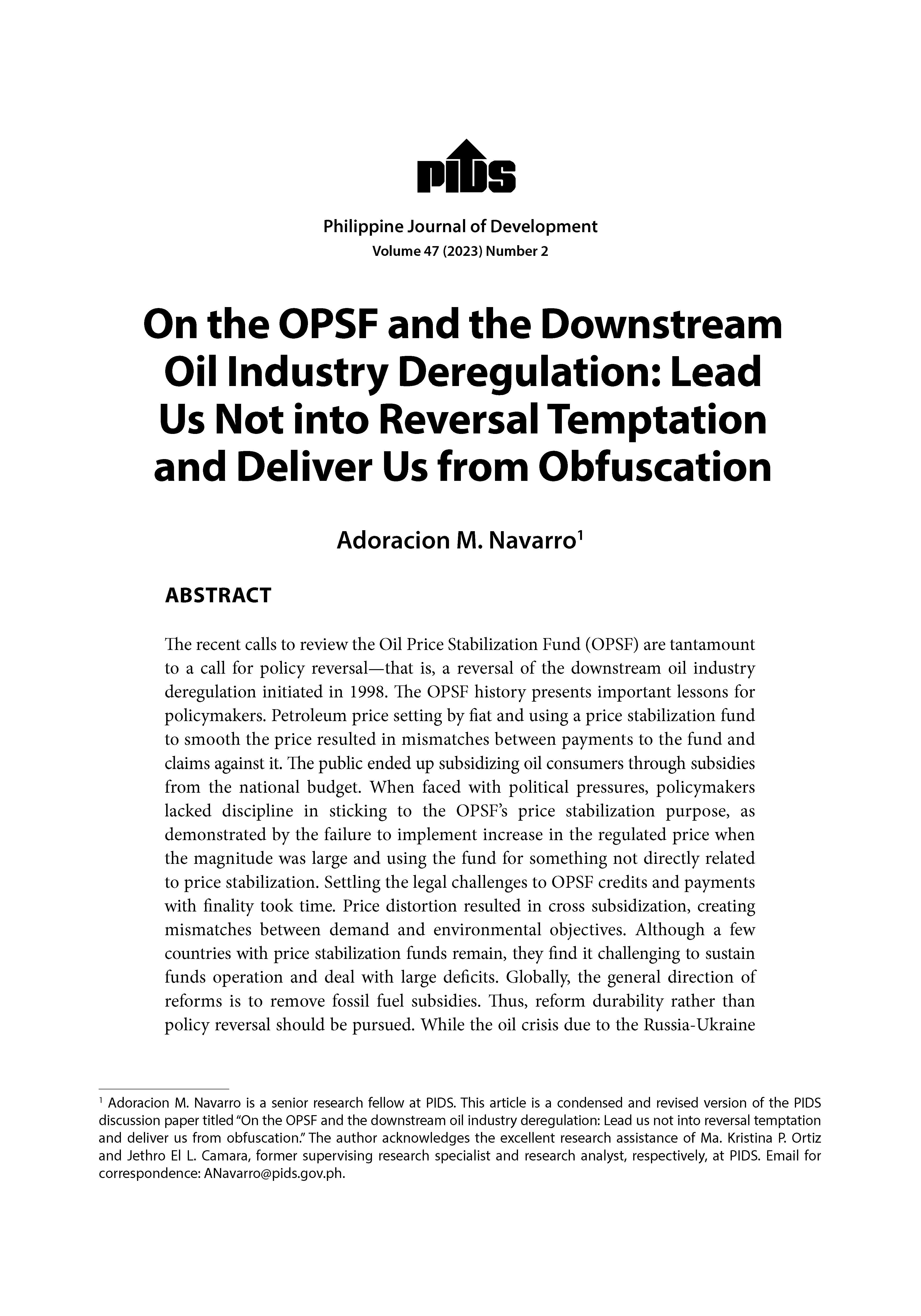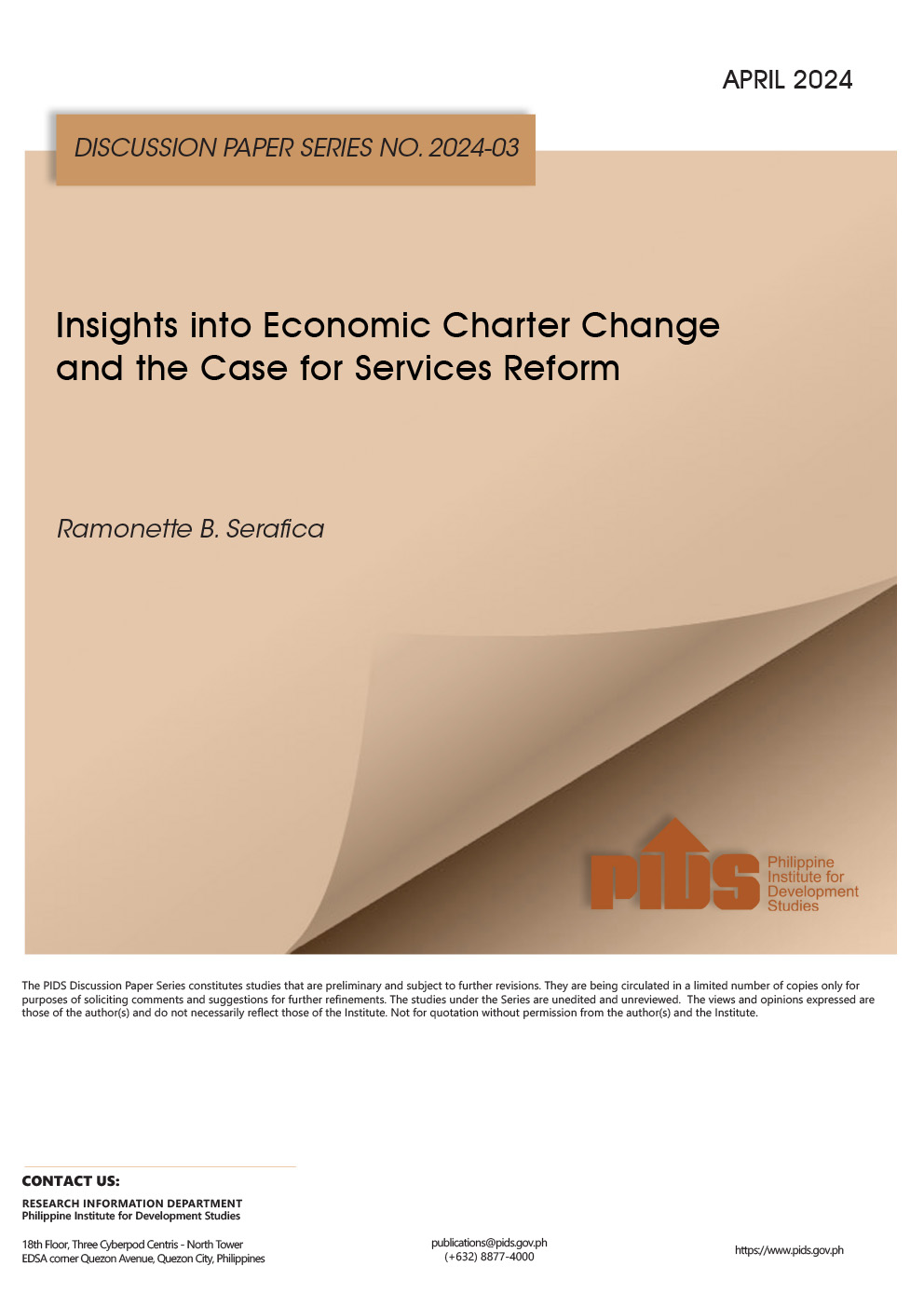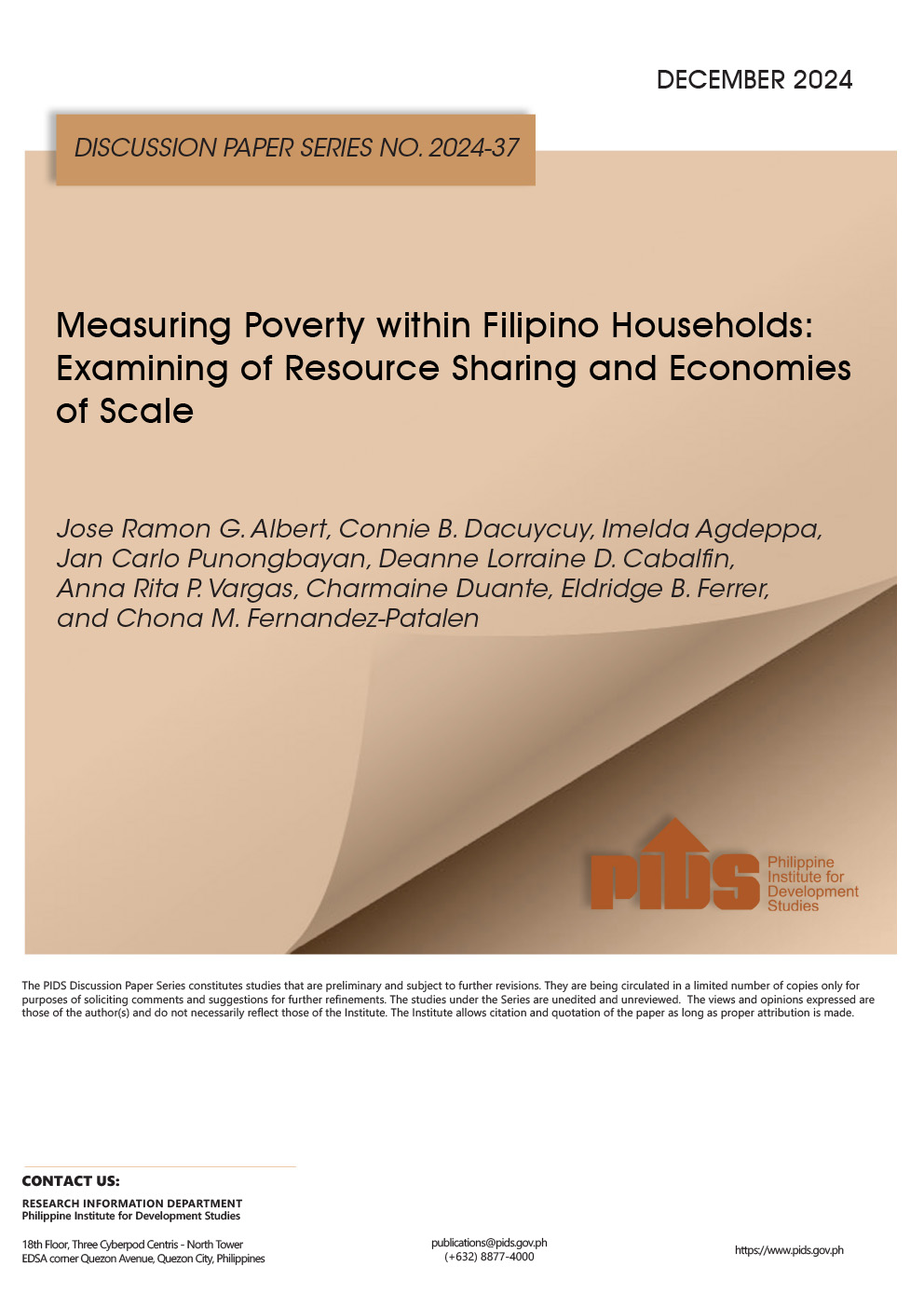NINE industries, including telecommunications (telecom), are bound to face scrutiny this year for reported anticompetitive practices, as the country’s antitrust agency vowed to go full force in its campaign to address competition concerns.
In a news briefing on Wednesday, the Philippine Competition Commission (PCC) named nine industries that it will probe this year for alleged anticompetitive behaviors. Aside from telecom, the PCC will also study the markets of rice, meat and poultry, pharmaceutics, land transportation, air transportation, agricultural credit, digital commerce and retail.
PCC Commissioner Stella Luz A. Quimbo said these sectors will be investigated as they were deemed as “most crucial” to consumers.
“As you know, we had identified priority sectors, and these sectors tend to be those that would have a big impact on consumers,” she said.
Among the nine, Quimbo zeroed in on the telecom industry, which had the PCC engaged in a legal dispute with Globe Telecom Inc. and PLDT Inc. The PCC asked the Supreme Court last April to stop Globe and PLDT from completing its acquisition of San Miguel Corp.’s telecom assets until the agency finishes its review of the P69.1-billion deal.
Quimbo said it is worth noting the market study on telecom will be conducted at a time the government is in the process of looking for a third player in the presently duopoly-dominated sector.
“As you know, we had the telecom case with the Court of Appeals [CA]. We were actually unable to proceed with any form of assessment on the market, mainly because the CA had already ruled on this. We felt like, now, we can resume our market study,” she said.
The market study, she described, will be broader and will cover all aspects of the industry and the entire value chain. Should it prove anticompetitive practices in the sector, the PCC can make policy recommendations to the concerned government regulator—in the case of telecom, the National Telecommunications Commission.
Quimbo said the PCC lost the opportunity to impose remedies on the acquisition of San Miguel’s telecom assets when the CA stopped the agency from reviewing the multibillion-peso transaction. She added that would have been the best time to conduct a market study on the telecom sector, make a determination on how to distribute the country’s frequencies and, perhaps, even go as far as require Globe and PLDT to divest their assets.
PCC Commissioner Johannes R. Bernabe said what the agency can do now is recommend to government regulators policies on how to even the playing field in the market. “For instance, significant market power obligations could arise out of an investigation that was launched because of an abuse of market dominance,” he said.
“In that context, one of the remedies that you can impose is to require divestment of certain assets, which, in this case, frequencies that the telecom players may have,” he added. Bernabe admitted the PCC considered ordering Globe and PLDT to redistribute its frequencies had the agency been able to complete its review of the deal.
The market study that will look into the nine industries with reported
In a news briefing on Wednesday, the Philippine Competition Commission (PCC) named nine industries that it will probe this year for alleged anticompetitive behaviors. Aside from telecom, the PCC will also study the markets of rice, meat and poultry, pharmaceutics, land transportation, air transportation, agricultural credit, digital commerce and retail.
PCC Commissioner Stella Luz A. Quimbo said these sectors will be investigated as they were deemed as “most crucial” to consumers.
“As you know, we had identified priority sectors, and these sectors tend to be those that would have a big impact on consumers,” she said.
Among the nine, Quimbo zeroed in on the telecom industry, which had the PCC engaged in a legal dispute with Globe Telecom Inc. and PLDT Inc. The PCC asked the Supreme Court last April to stop Globe and PLDT from completing its acquisition of San Miguel Corp.’s telecom assets until the agency finishes its review of the P69.1-billion deal.
Quimbo said it is worth noting the market study on telecom will be conducted at a time the government is in the process of looking for a third player in the presently duopoly-dominated sector.
“As you know, we had the telecom case with the Court of Appeals [CA]. We were actually unable to proceed with any form of assessment on the market, mainly because the CA had already ruled on this. We felt like, now, we can resume our market study,” she said.
The market study, she described, will be broader and will cover all aspects of the industry and the entire value chain. Should it prove anticompetitive practices in the sector, the PCC can make policy recommendations to the concerned government regulator—in the case of telecom, the National Telecommunications Commission.
Quimbo said the PCC lost the opportunity to impose remedies on the acquisition of San Miguel’s telecom assets when the CA stopped the agency from reviewing the multibillion-peso transaction. She added that would have been the best time to conduct a market study on the telecom sector, make a determination on how to distribute the country’s frequencies and, perhaps, even go as far as require Globe and PLDT to divest their assets.
PCC Commissioner Johannes R. Bernabe said what the agency can do now is recommend to government regulators policies on how to even the playing field in the market. “For instance, significant market power obligations could arise out of an investigation that was launched because of an abuse of market dominance,” he said.
“In that context, one of the remedies that you can impose is to require divestment of certain assets, which, in this case, frequencies that the telecom players may have,” he added. Bernabe admitted the PCC considered ordering Globe and PLDT to redistribute its frequencies had the agency been able to complete its review of the deal.
The market study that will look into the nine industries with reported
anticompetitive practices will be scrutinized down to the core, Bernabe said. As for the telecom sector, he added the market study cannot help but look into the critical aspects and impact to consumers of the transaction among Globe, PLDT and San Miguel.
Bernabe said the PCC will inhibit in the market study of the telecom sector to avoid allegations of bias, and will leave to independent experts the duty to scrutinize the industry. He added some of the market studies will be conducted by the state’s think tank, the Philippine Institute for Development Studies, in compliance to a memorandum of agreement.
The government is currently assessing applications of telecom firms wishing to operate as the third telecom carrier in the country. The third player is expected to begin operating in the first quarter of this year as instructed by President Duterte.
Bernabe said the PCC will inhibit in the market study of the telecom sector to avoid allegations of bias, and will leave to independent experts the duty to scrutinize the industry. He added some of the market studies will be conducted by the state’s think tank, the Philippine Institute for Development Studies, in compliance to a memorandum of agreement.
The government is currently assessing applications of telecom firms wishing to operate as the third telecom carrier in the country. The third player is expected to begin operating in the first quarter of this year as instructed by President Duterte.








